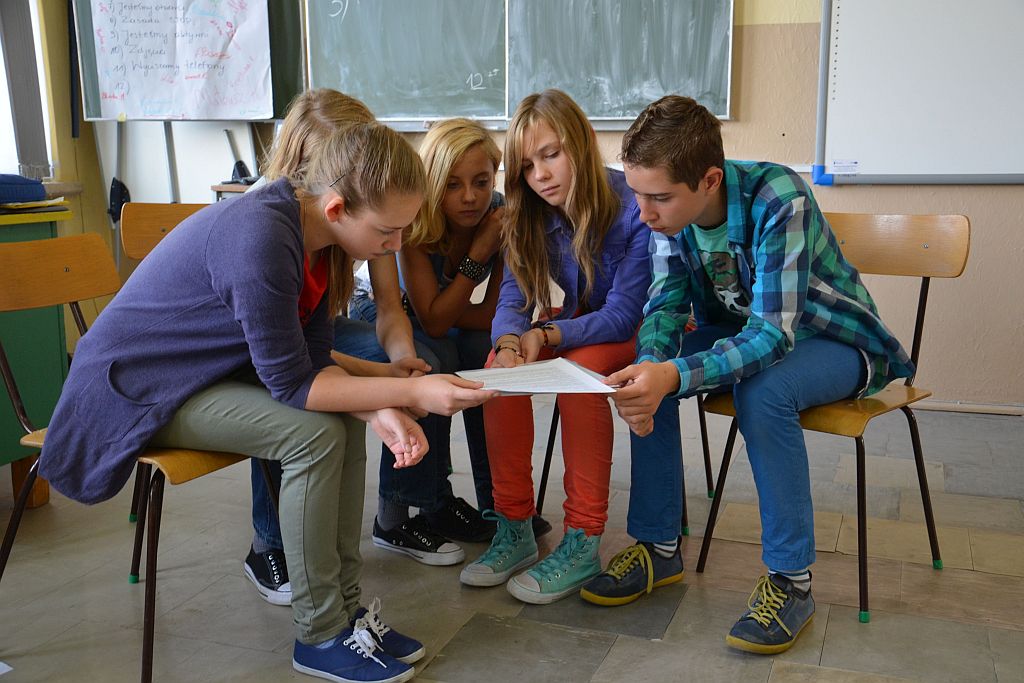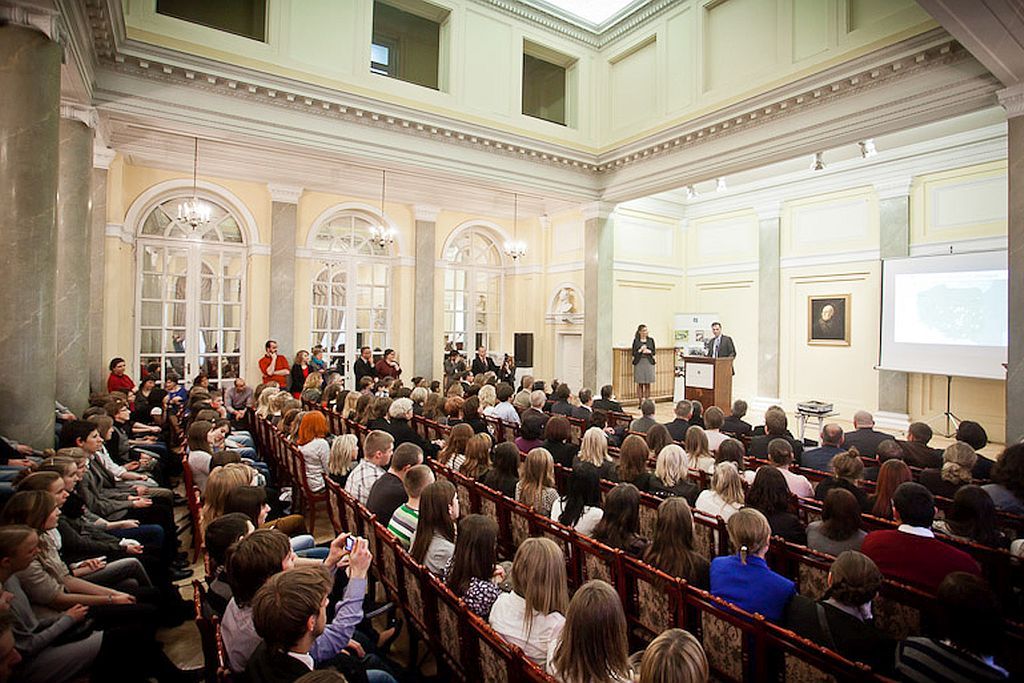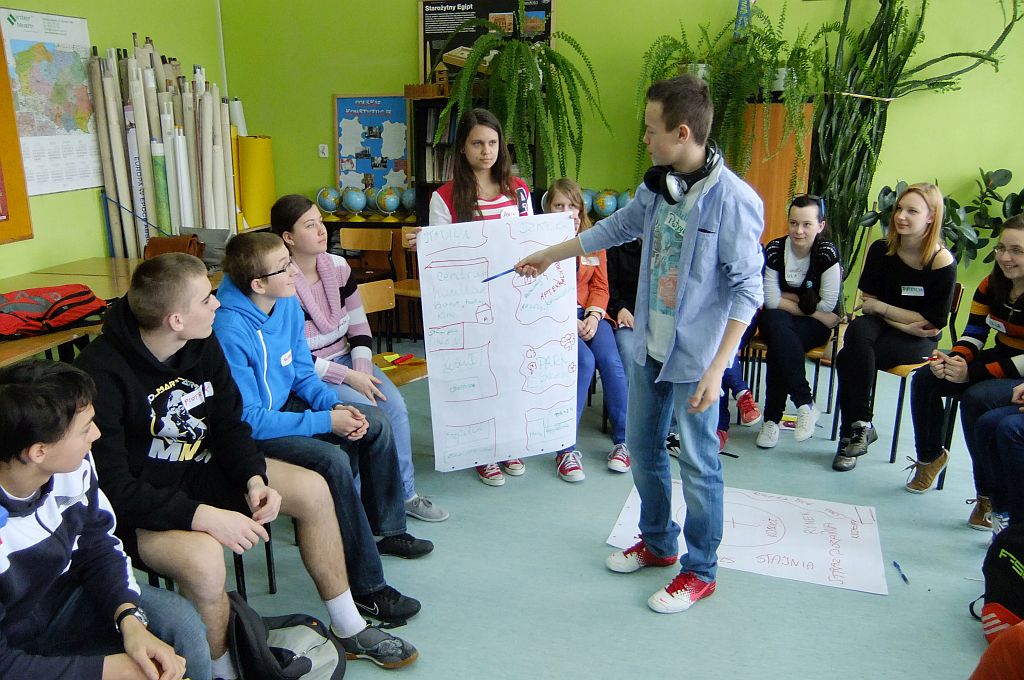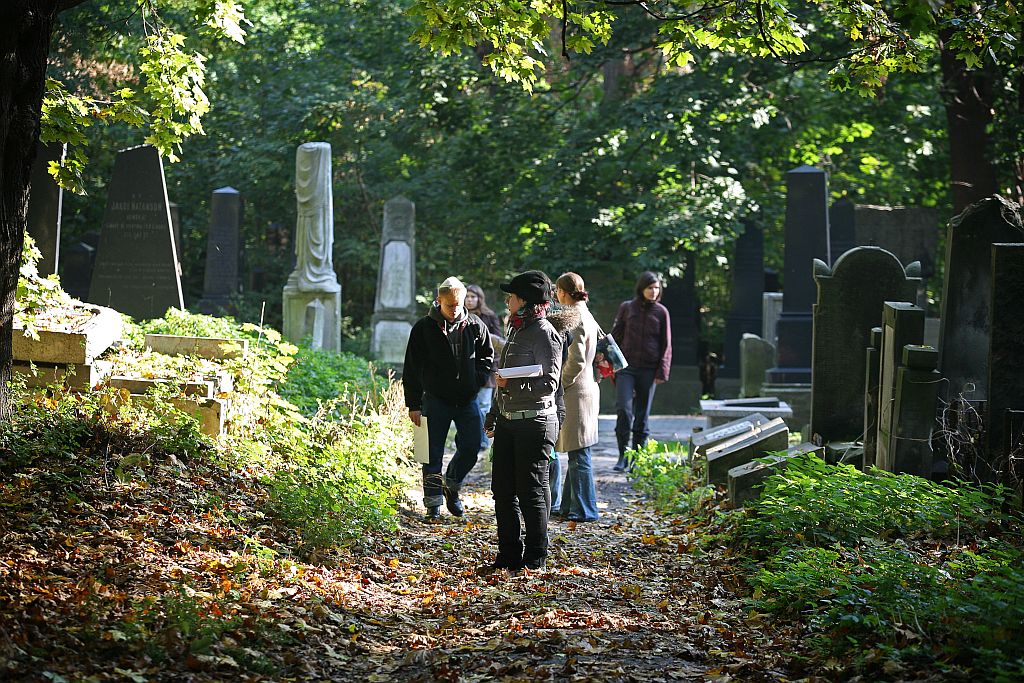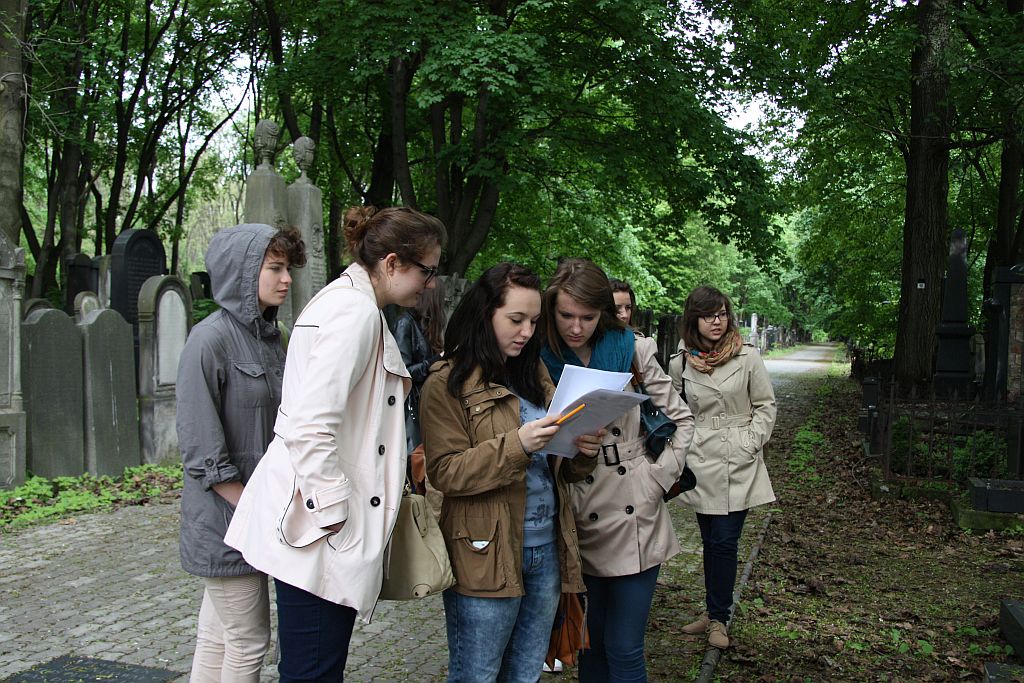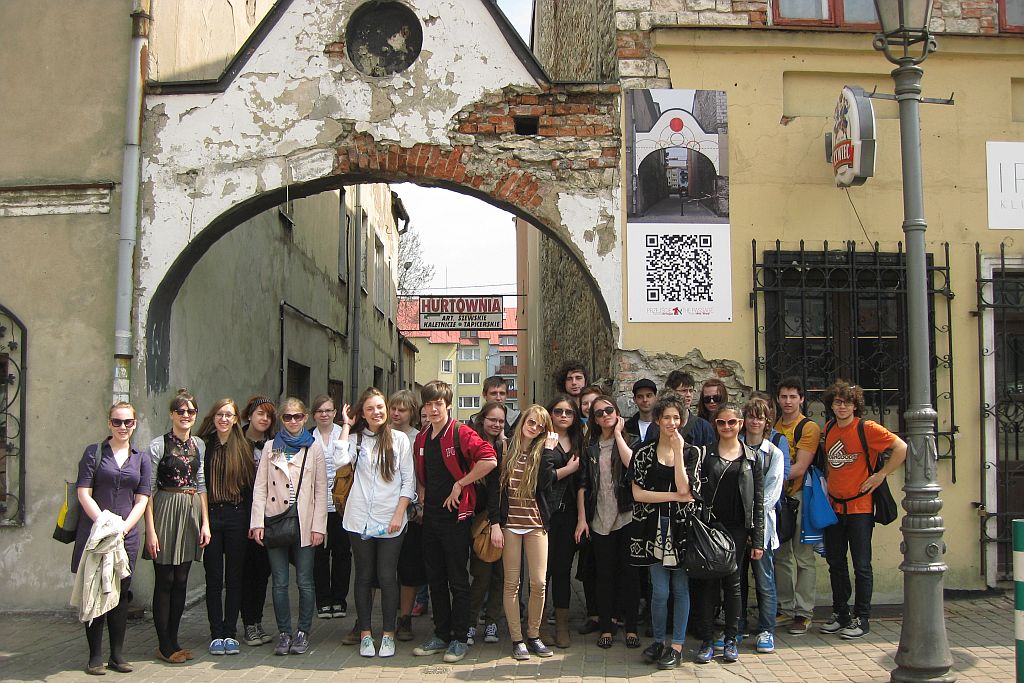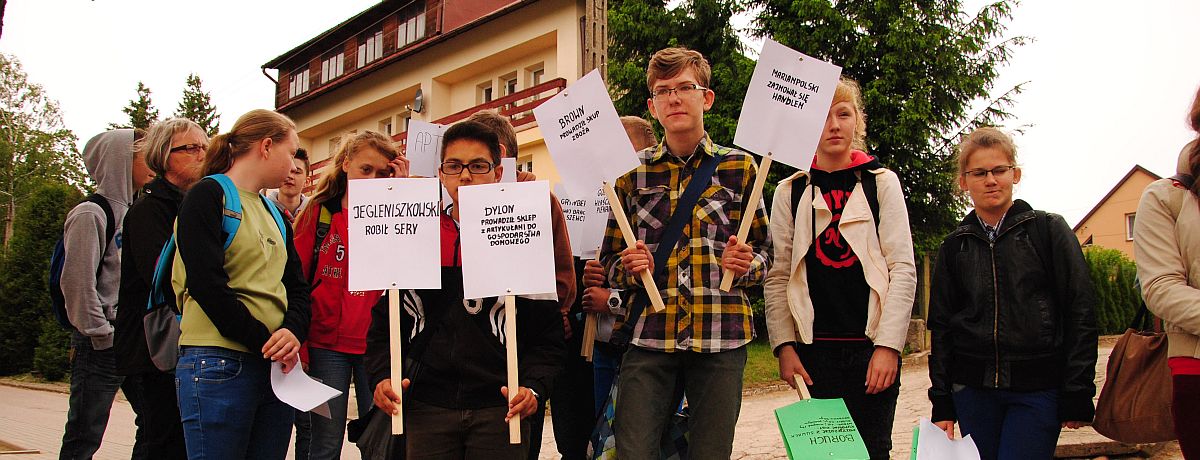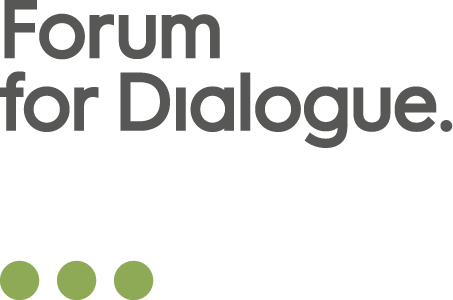School of Dialogue is an educational program that aims to get students of secondary-level schools acquainted with the history of Jews in Poland as well with their contribution to the social, cultural and economic development of the country. Participants learn especially about the role that Jews played in their towns and about local history that often is completely unknown to them.
The School of Dialogue program was launched in 2008. It was based on years of experience in educating young people through workshops on tolerance and difficult questions in Polish/Jewish dialogue as well as in organizing Polish/Jewish youth meetings. We had come to the conclusion that lack of knowledge abut our shared history and prejudices that had built up over the years present significant obstacles in Polish/Jewish dialogue.
Today, School of Dialogue is held throughout the country and reaches around one thousand students annually. It is clear that we have succeeded in creating a unique educational initiative that combines exploring local history with confronting stereotypes, while also encouraging local activism.



